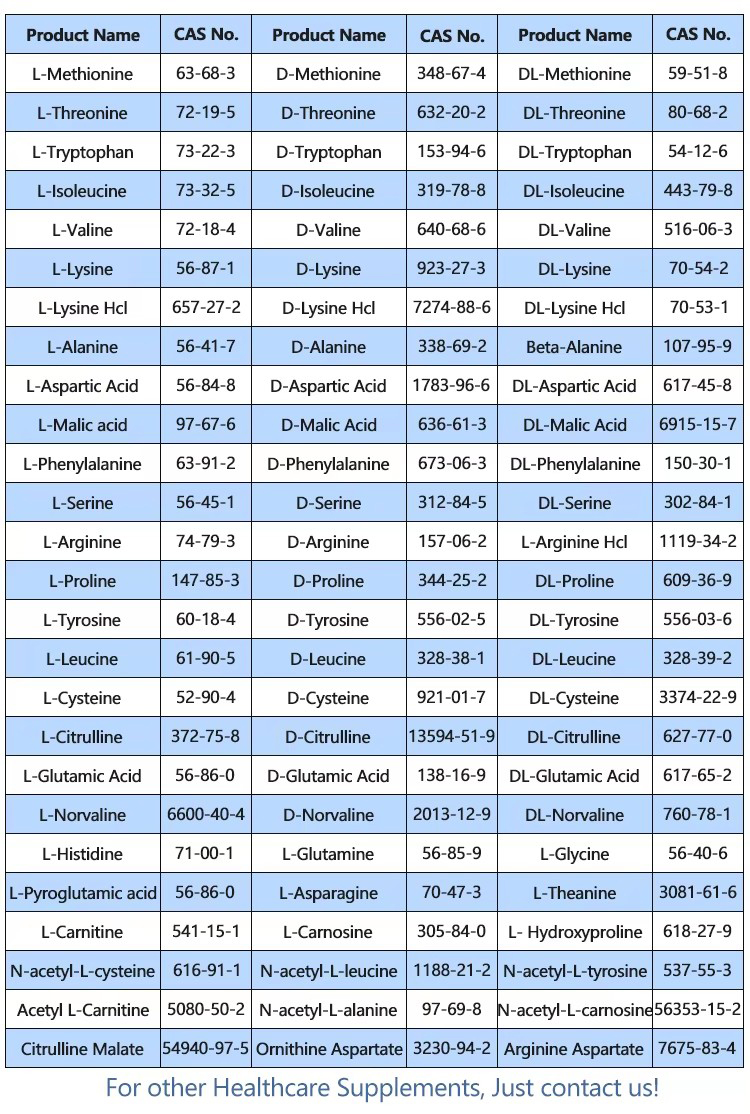N-Acetyl-L-Tyrosine (NALT) is a modified form of the amino acid L-tyrosine, which is a precursor to several important neurotransmitters including dopamine, norepinephrine, and epinephrine. Here are some considerations regarding its effectiveness, side effects, and special considerations:
Effectiveness:
1.Cognitive Function: N-Acetyl-L-Tyrosine is often used as a nootropic supplement due to its potential to support cognitive function, especially in situations of stress or fatigue. It is believed to enhance mental performance, focus, and attention.
2.Stress Reduction: It may help mitigate the effects of stress on cognitive function by supporting the production of neurotransmitters involved in stress response.
3.Physical Performance: Some studies suggest that tyrosine supplements, including N-Acetyl-L-Tyrosine, may help improve physical performance under stressful conditions, potentially by reducing the effects of stress-induced fatigue.

Side Effects:
1.Generally Well-Tolerated: N-Acetyl-L-Tyrosine is considered safe for most people when taken at recommended dosages. However, individual responses may vary.
2.Gastrointestinal Issues: High doses could potentially cause gastrointestinal discomfort, although this is uncommon at typical doses.
3.Interaction with Stimulants: Since N-Acetyl-L-Tyrosine affects neurotransmitter levels, it may interact with medications or supplements that affect these same systems, such as stimulants.
Special Considerations:
1.Dosage: Typical doses range from 300 mg to 600 mg per day, but this can vary depending on individual needs and purposes. It’s advisable to start with a lower dose to assess tolerance.
2.Timing: It’s often recommended to take N-Acetyl-L-Tyrosine on an empty stomach for better absorption, though this can vary depending on the formulation and individual response.
3.Stacking: N-Acetyl-L-Tyrosine is sometimes combined with other nootropics or supplements to enhance its effects, such as caffeine for additional alertness or L-theanine for relaxation.
4.Medical Conditions: Individuals with certain medical conditions, such as thyroid disorders or phenylketonuria (PKU), should consult a healthcare provider before taking N-Acetyl-L-Tyrosine due to its potential interactions.

Conclusion:
N-Acetyl-L-Tyrosine shows promise as a nootropic supplement for improving cognitive function and reducing stress-related fatigue. While generally safe and well-tolerated, individual responses can vary, and it may interact with certain medications or conditions. As with any supplement, it’s advisable to consult with a healthcare professional before beginning use, especially if you have any underlying health concerns or are taking other medications.
